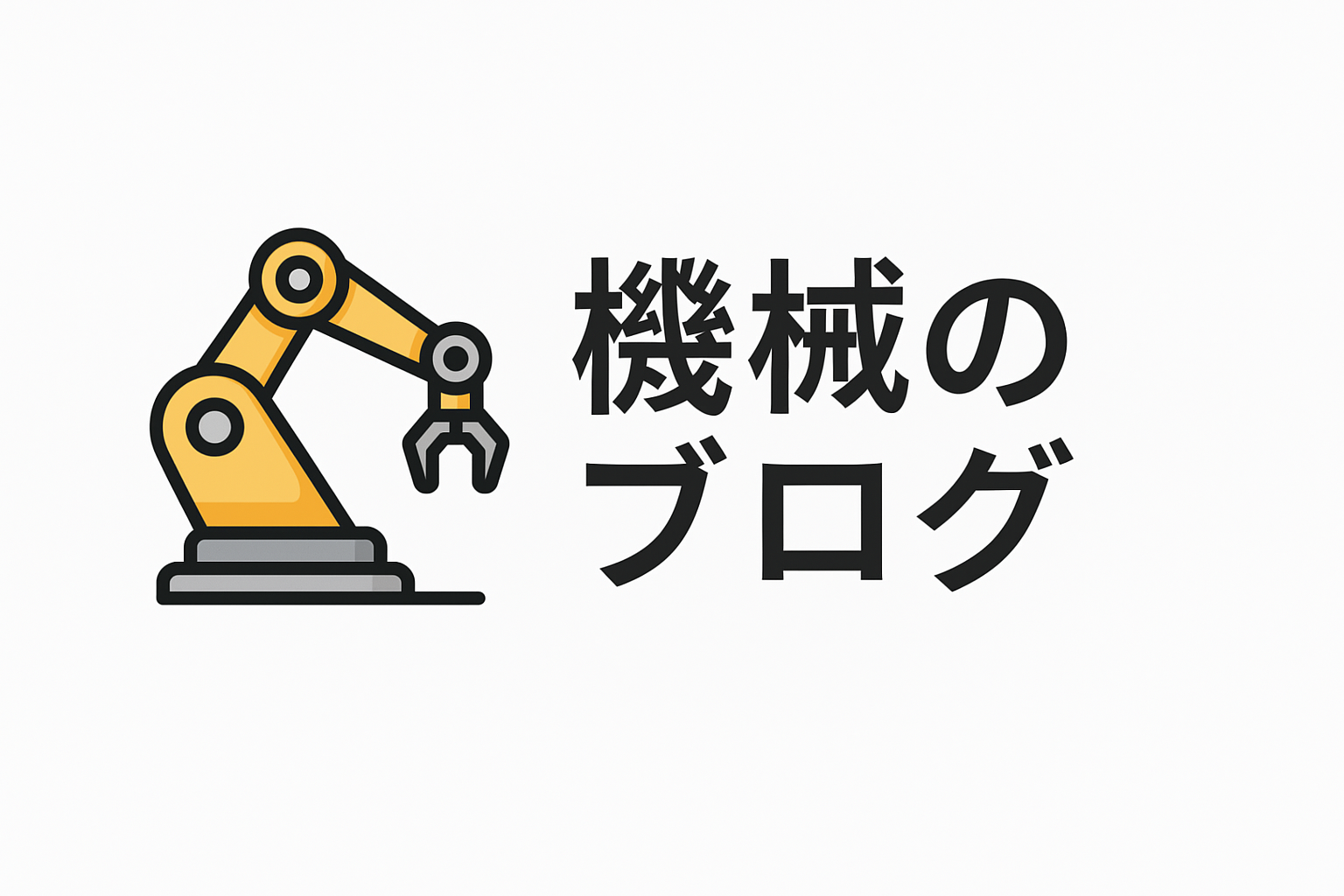IoT Strategies for Transforming Manufacturing
The Internet of Things (IoT) is revolutionizing the manufacturing sector by offering unprecedented opportunities for operational efficiency, cost reduction, and innovation. As the industry shifts towards smart manufacturing, IoT enables manufacturers to connect machines, systems, and processes, resulting in a more integrated and intelligent production environment. This article explores effective IoT strategies that are transforming the manufacturing landscape, offering insights into the technologies and methodologies that are driving this evolution.
1. Understanding IoT in Manufacturing
IoT in manufacturing refers to the network of interconnected devices that communicate and exchange data with each other and with central systems. This connectivity allows for real-time monitoring, control, and automation of manufacturing processes. By leveraging IoT, manufacturers can gain deeper insights into their operations, enabling them to make data-driven decisions that enhance productivity and reduce waste.
Key components of IoT in manufacturing include sensors, connectivity, data processing, and analytics. Sensors gather data from various points in the production process, while connectivity solutions transmit this data to central systems. Data processing and analytics tools then transform this raw data into actionable insights, which can be used to optimize operations.
2. Enhancing Operational Efficiency
One of the most significant benefits of IoT in manufacturing is the enhancement of operational efficiency. IoT-enabled devices and systems provide real-time data on equipment performance, production metrics, and supply chain logistics. This data allows manufacturers to identify bottlenecks, predict maintenance needs, and optimize resource allocation.
For example, predictive maintenance, powered by IoT, can significantly reduce downtime and maintenance costs. By analyzing data from sensors installed on machinery, manufacturers can predict when a machine is likely to fail and schedule maintenance accordingly. This proactive approach not only prevents unexpected breakdowns but also extends the lifespan of equipment.
3. Improving Quality Control
IoT technologies are also transforming quality control processes in manufacturing. By implementing IoT solutions, manufacturers can achieve higher levels of precision and consistency in their products. IoT sensors can monitor production conditions such as temperature, humidity, and pressure, ensuring that they remain within optimal ranges.
Additionally, IoT systems can track and trace products throughout the supply chain, from raw materials to finished goods. This traceability helps manufacturers quickly identify and address any quality issues, reducing the risk of recalls and ensuring compliance with industry standards.
4. Streamlining Supply Chain Management
IoT is playing a crucial role in streamlining supply chain management within the manufacturing industry. By providing real-time visibility into inventory levels, production schedules, and logistics, IoT enables manufacturers to optimize their supply chain operations.
With IoT, manufacturers can implement just-in-time inventory management, reducing excess inventory and minimizing storage costs. IoT-enabled tracking systems also improve logistics by providing accurate delivery estimates and tracking shipments in real-time. This increased transparency helps manufacturers respond quickly to changes in demand and manage their supply chains more efficiently.
5. Enabling Smart Manufacturing
Smart manufacturing is the pinnacle of IoT integration in the manufacturing sector. It involves the use of IoT technologies to create highly automated and flexible production systems that can quickly adapt to changing market demands. Smart factories leverage IoT to achieve seamless communication between machines, systems, and humans.
In a smart manufacturing environment, IoT enables the implementation of advanced technologies such as artificial intelligence (AI) and machine learning. These technologies can analyze vast amounts of data to optimize production schedules, enhance product design, and even predict market trends. This level of integration allows manufacturers to innovate rapidly and stay competitive in the global market.
Conclusion
IoT is undeniably transforming the manufacturing industry by providing manufacturers with the tools they need to enhance efficiency, improve quality, streamline supply chains, and enable smart manufacturing. As the industry continues to evolve, embracing IoT strategies will be essential for manufacturers who wish to remain competitive. By leveraging the power of IoT, manufacturers can not only optimize their current operations but also pave the way for future innovations.
As IoT technology continues to advance, its impact on the manufacturing sector will only grow. Manufacturers who are early adopters of IoT strategies will be well-positioned to lead the industry into a new era of smart, connected, and efficient production processes.

